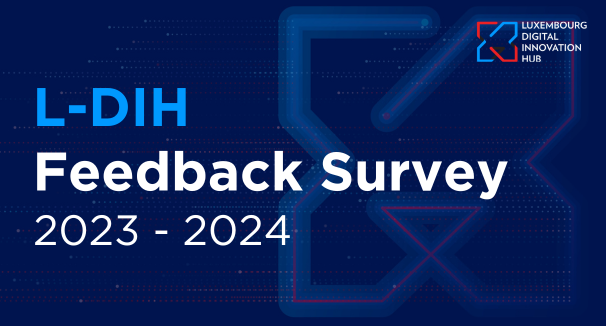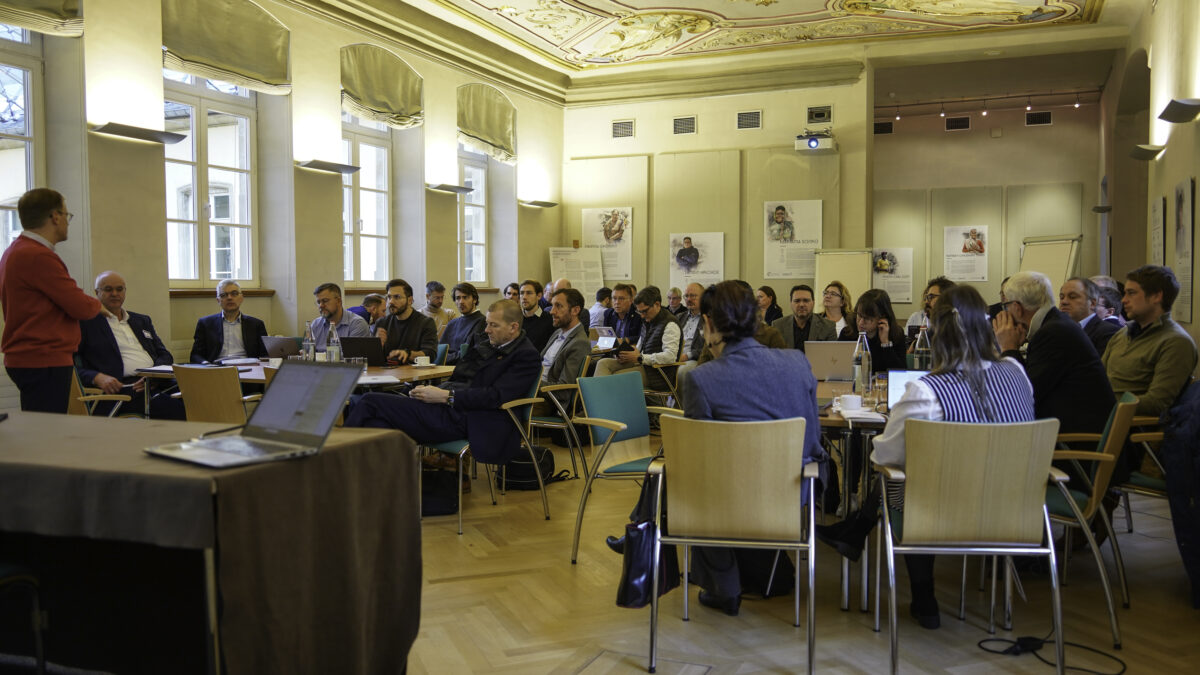High performance computing (HPC) is a crucial component of the data economy, which requires the capacity to process and analyse huge amounts of data. The inauguration of MeluXina, which took place in the presence of HRH Grand Duke Henri, was therefore a big step forwards towards realising Luxembourg’s ambition of becoming a leading data economy.
What is happening here today is not a revolution, but a logical continuation for the economic development of a country that has always innovated. -said Prime Minister Xavier Bettel during the inauguration ceremony.
Minister of the Economy Franz Fayot recalled that MeluXina is part of the European HPC network kicked off five years ago by Luxembourg and three other EU member states. “We realised that if we wanted to close the technology gap between the EU and the rest of the world, we needed a network of European supercomputers,” said Minister Fayot. “Launching MeluXina is an important milestone.”
The goal: meeting business needs
While most HPCs have been designed as pure research infrastructures, MeluXina stands out on the global level for its business orientation. Its modular design was specifically drawn up to meet business needs, and 65% of its capacity will be available for use by private companies.
Our goal is to make supercomputing accessible to all.
“But it is obviously not enough to just set up the HPC and expect everyone to be able to use it,” underlined Mario Grotz, Director General for Industry, New Technologies and Research at the Ministry of the Economy and Board Chair of LuxProvide, the company managing the HPC. “Our goal is to make supercomputing accessible to all. We have set up a national HPC competence centre that provides operational support and training for users. The Ministry of the Economy also has R&D and innovation funding instruments that can be used to support HPC projects. The future is data-driven, and we will help businesses have the right tools to seize the opportunities of the data economy of the 21st century.”
Mr Grotz also pointed out that MeluXina has been designed as a highly secure infrastructure that guarantees the full confidentiality of all data processed. “Our objective is to work with public and private partners in a climate of trust.”
Early interest confirms business model
In order to test the market, LuxProvide launched a call for expressions of interest for early access to the HPC that was met with enthusiasm. Users from industry – large companies as well as SMEs – and academia submitted 38 applications. “This confirms our business model,” said Mr Grotz, and underlined that there is much potential for the future. National innovation agency Luxinnovation has identified 750 potential public and private users.
The strong orientation towards industry does not mean that all other aspects have been forgotten – quite the contrary. “Digitalisation and the ecological transition go together,” said Prime Minister Bettel and pointed out that MeluXina is among the 20 best HPCs in the world in terms of energy efficiency.


